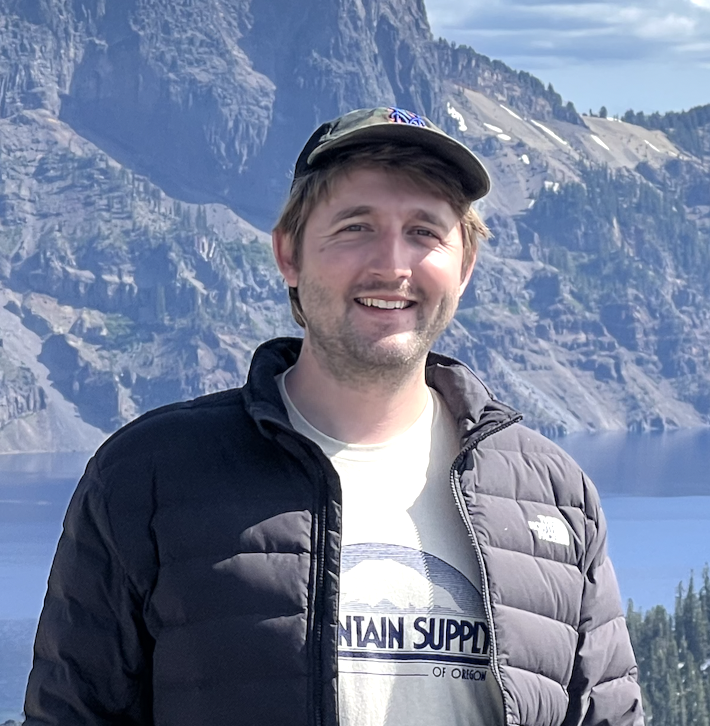Bio

|
I am an Assistant Professor at Fordham University in the Department of Computer and Information Sciences, located at the Lincoln Center campus in New York City. I am broadly interested in the intersection of computer systems, security, and economics, with a focus on how architectural and economic incentives shape the cybersecurity ecosystem. My research combines systems building, measurement, and modeling to better understand and improve the security and resilience of computing infrastructures. I received my PhD in Computer Science from Columbia University, where I worked under the supervision of Prof. Simha Sethumadhavan. I am currently recruiting motivated PhD students to join my research group. This is a fully-funded position. If you are interested in working on problems at the intersection of systems, security, and economics, please reach out. |
Teaching
Fordham University
- CISC 3595 — Operating Systems
- CISC 5595 — Operating Systems
Columbia University
- COMS 6998 — The Economics of Cybersecurity
- CSEE 4824 — Computer Architecture
- CSEE 4824 — Computer Architecture
- COMS 6424 — Hardware Security
- COMS 4181 — Security 1
- CSEE 4824 — Computer Architecture
Brigham Young University
- ECEN 427 — Embedded Linux Systems
- ECEN 390 — Junior Team Design Project (Laser Tag)
- ECEN 330 — Intro to Embedded Systems
- ECEN 301 — Elements of Electrical Engineering
Publications
Voluntary Investments, Mandatory Minimums, or Cyber Insurance: What Minimizes Losses?
34th Usenix Security Symposium, 2025 (demo)
A. Hastings, S. Sethumadhavan
Economic Approaches to Hardware Security
PhD dissertation, Columbia University, 2025
A. Hastings
Architectural Security Regulation
IEEE Computer Architecture Letters, Vol. 22 Issue 2, 2023
A. Hastings, R. Piersma, S. Sethumadhavan
How Much is Performance Worth to Users?
ACM Computing Frontiers 2023 (video)
A. Hastings, L. Chilton, S. Sethumadhavan
Mechanism Design for Improving Hardware Security
Computing Community Consortium Workshop Report, 2022
S. Sethumadhavan, T. Sherwood, A. Hastings, et al.
Revisiting Residue Codes for Modern Memories (IEEE Top Picks award winner)
IEEE/ACM International Symposium on Microarchitecture (MICRO), 2022
E. Manzhosov, A. Hastings, M. Pancholi, R. Piersma, M. Tarek Ibn Ziad, S. Sethumadhavan
A New Doctrine for Hardware Security
ACM Attacks and Solutions in Hardware Security (ASHES), 2020
A. Hastings, S. Sethumadhavan
Are Computer Architects to Blame for the State of Security Today?
ACM SIGARCH article, 2019
A. Hastings, S. Sethumadhavan
Checkpointing at System Calls using BDI Compression
Technical report, Columbia University, 2019
A. Hastings, H. Sasaki, M. Arroyo, K. Williams-King, V. Kemerlis, S. Sethumadhavan
Assuring Intellectual Property Through Physical and Functional Comparisons
Master's thesis, Brigham Young University, 2018
A. Hastings
Using Physical and Functional Comparisons to Assure 3rd-Party IP for Modern FPGAs
IEEE International Verification and Security Workshop (IVSW), 2018
A. Hastings, S. Jensen, J. Goeders, B. Hutchings